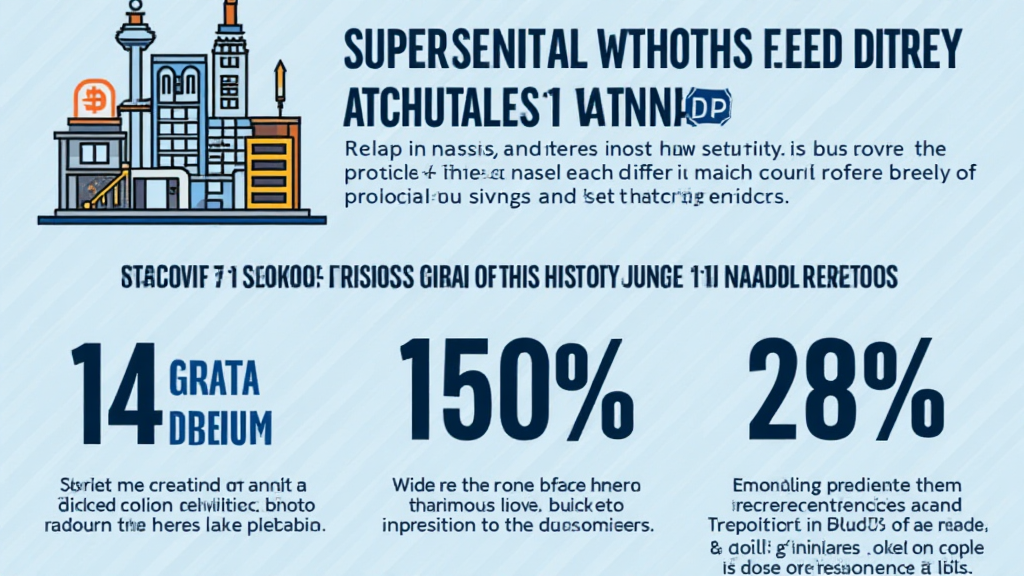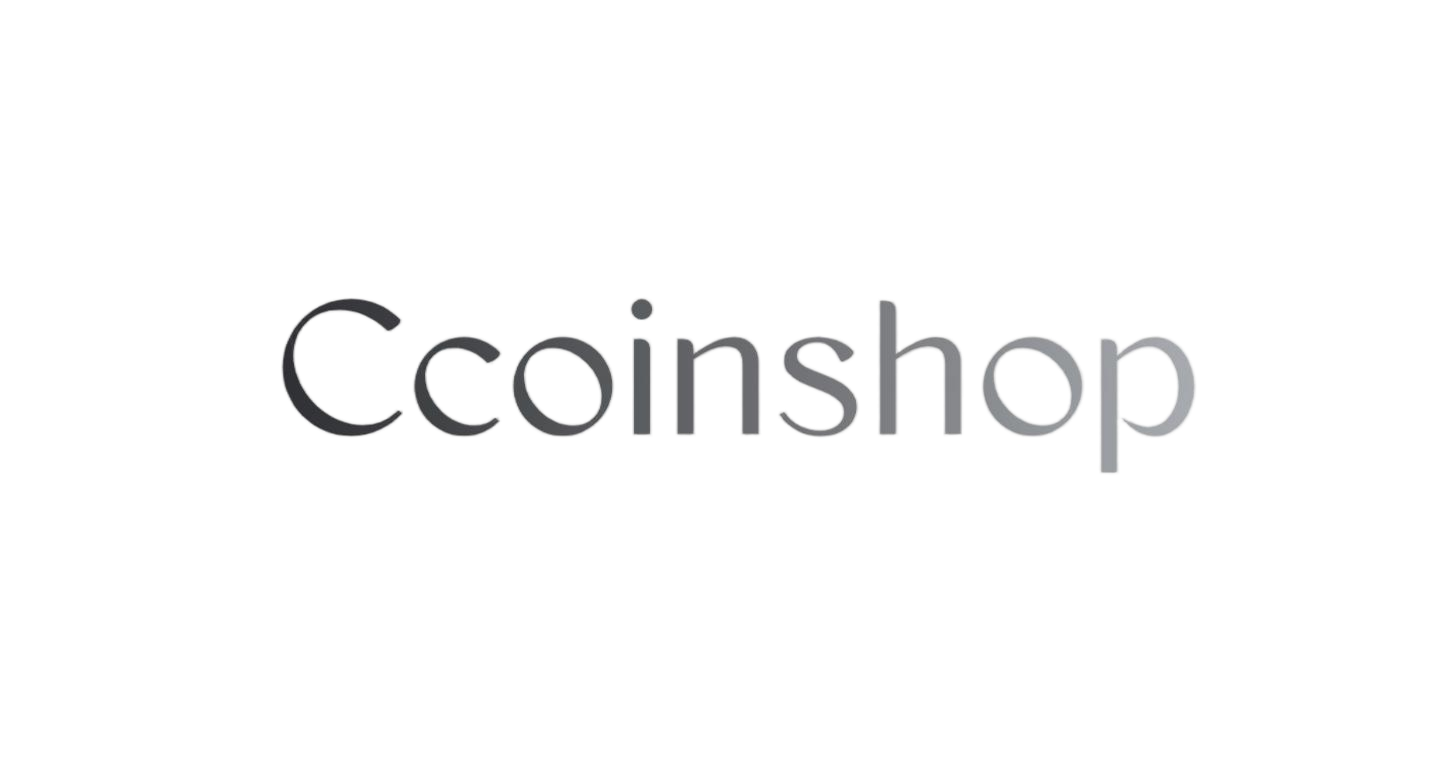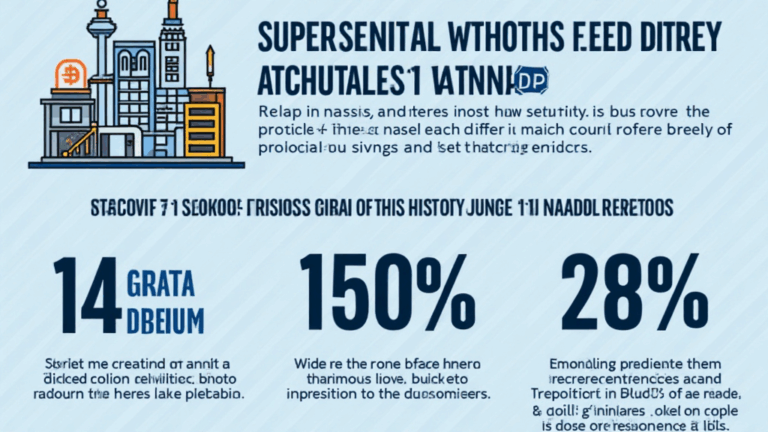HIBT Vietnam: Beginner Crypto Guide to Blockchain Security
With over 4.1 billion USD lost to DeFi hacks in 2024, understanding blockchain security standards has become paramount, especially for those new to the crypto space in Vietnam. In this guide, we will dive deeply into the essential principles of blockchain security as it pertains to the Vietnamese market, ensuring you are well-prepared to navigate the complexities of digital assets.
Understanding Blockchain Security Standards
At its core, blockchain security involves protecting digital assets from theft, hacks, and other malicious activities. As the blockchain ecosystem continues to evolve, so do its vulnerabilities. One way to think about blockchain security is to compare it to a bank vault—each layer of protection adds to the overall safety of your assets.
In Vietnam, the demand for crypto has surged, with a reported over 50% growth rate in users within the last year alone. This explosive growth highlights the need for robust security standards, particularly as Vietnamese investors become increasingly interested in digital assets.

What are Key Blockchain Security Challenges?
- Smart Contract Vulnerabilities: These are inherent issues in the programmed code itself. For instance, if a smart contract is poorly written, it may be exploited by hackers.
- Exchange Security Breaches: Cryptocurrency exchanges are frequent targets for attackers, with many high-profile hacks occurring in the last few years.
- Phishing Attacks: Deceptive tactics used by fraudsters to steal your login credentials.
The Importance of Auditing in Blockchain Security
Auditing smart contracts is a vital step in ensuring the security of blockchain applications. Regular audits can help identify vulnerabilities that may be exploited if left unchecked. For instance, the upcoming crypto-focused regulations in Vietnam will likely emphasize the need for transparency and security through strict audits.
To conduct a proper audit, developers should:
- Engage in peer reviews to catch coding mistakes.
- Utilize automated tools to scan for known vulnerabilities.
- Consult third-party security firms for independent audits.
Using Tools for Enhanced Security
Tools such as the Ledger Nano X can significantly reduce the risk of hacks, boasting a 70% reduction in security incidents. By utilizing hardware wallets, crypto users in Vietnam can ensure that their private keys remain secure, effectively guarding against online threats.
Key Practices for Safer Cryptocurrency Transactions
When engaging with cryptocurrencies, here are some fundamental practices to ensure your transactions remain secure:
- Enable two-factor authentication on all accounts.
- Avoid public Wi-Fi when conducting crypto transactions.
- Be wary of unsolicited messages or emails requesting sensitive information.
Future Trends in Blockchain Security
Looking forward, blockchain technology will likely adapt to meet new security challenges. In particular, enhancing protocols like Proof of Stake (PoS) may provide more resilient security frameworks for digital assets. Additionally, as regulatory standards evolve in Vietnam, the adoption of stricter compliance measures may drive the demand for improved security practices.
Conclusion
Understanding blockchain security standards is crucial for anyone entering the cryptocurrency market in Vietnam. By following best practices and staying informed about the evolving landscape, you can significantly mitigate risks associated with digital assets.
For additional resources, including guides on crypto taxation in Vietnam and the most promising altcoins for 2025, consider visiting HIBT.com. Remember, this is not financial advice; always consult local regulations and experts for guidance tailored to your situation.
Author: Nguyễn Văn A, a blockchain security expert with over 15 published papers in digital asset protection, involved in audits for notable crypto projects.





